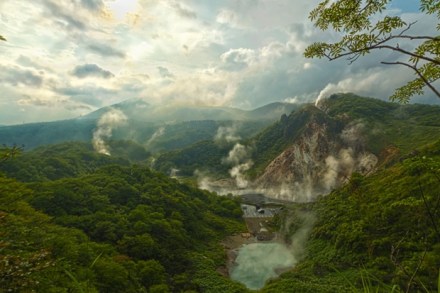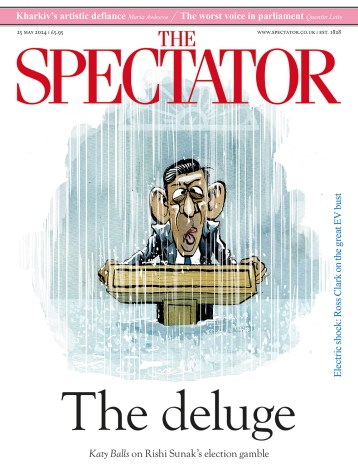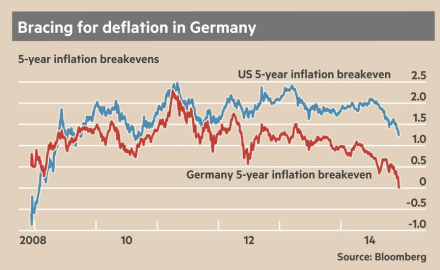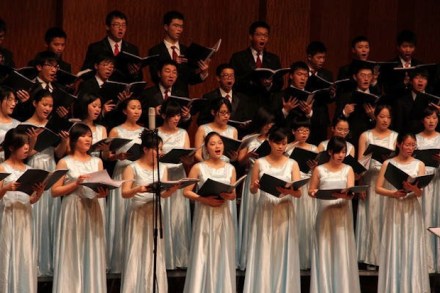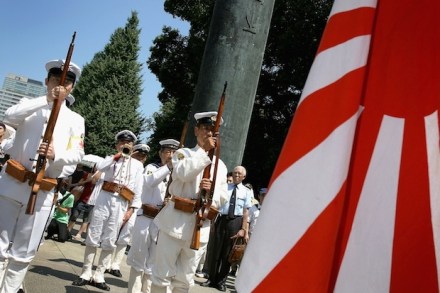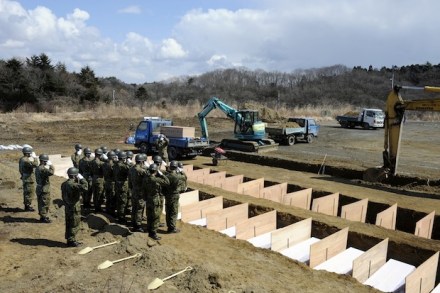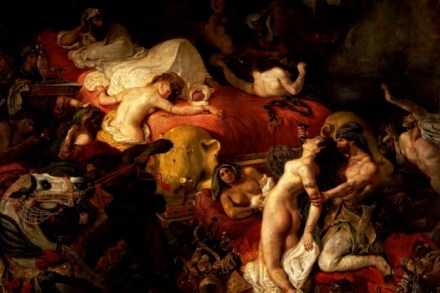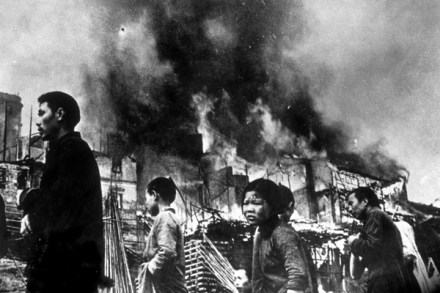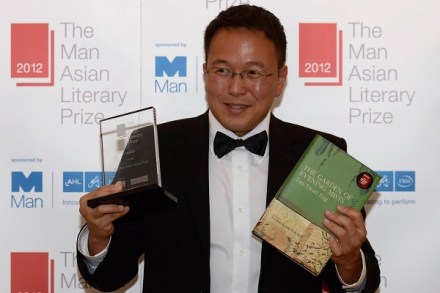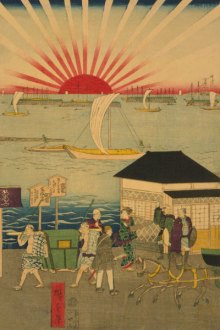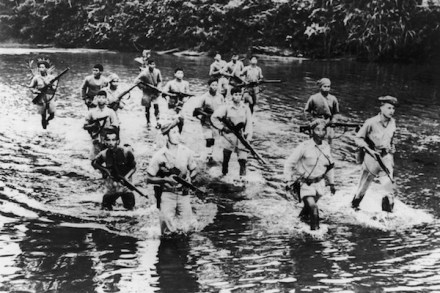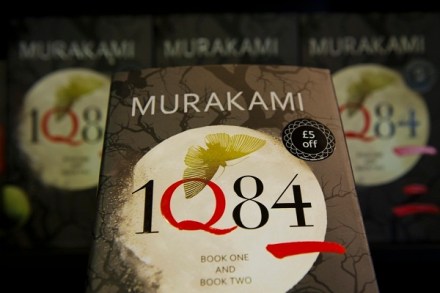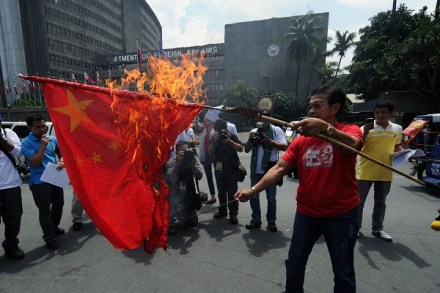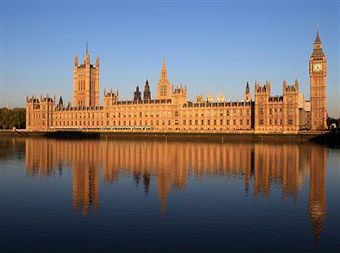Onsen: dive into another side of Japan
I’m hovering starkers beside a hot spring, or onsen, in a faded resort in southern Japan, while the Japanese grandmother standing naked next to me explains the form for the steaming pool I am about to enter. It’s an open-air mud hot spring, known as a doroyu and quite unusual, even in Japan, where the hyperactive geology means onsen of all kinds spring up — literally — everywhere. I love a scalding bath, so it was perhaps inevitable that I should love onsen from the moment I first dipped a toe in one many years ago, close to Mt Fuji on a day trip from Tokyo. The ritual of washing
